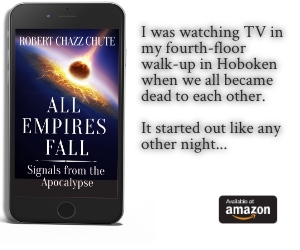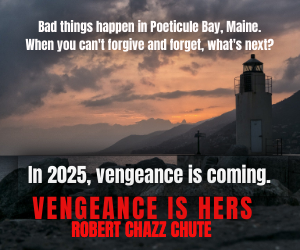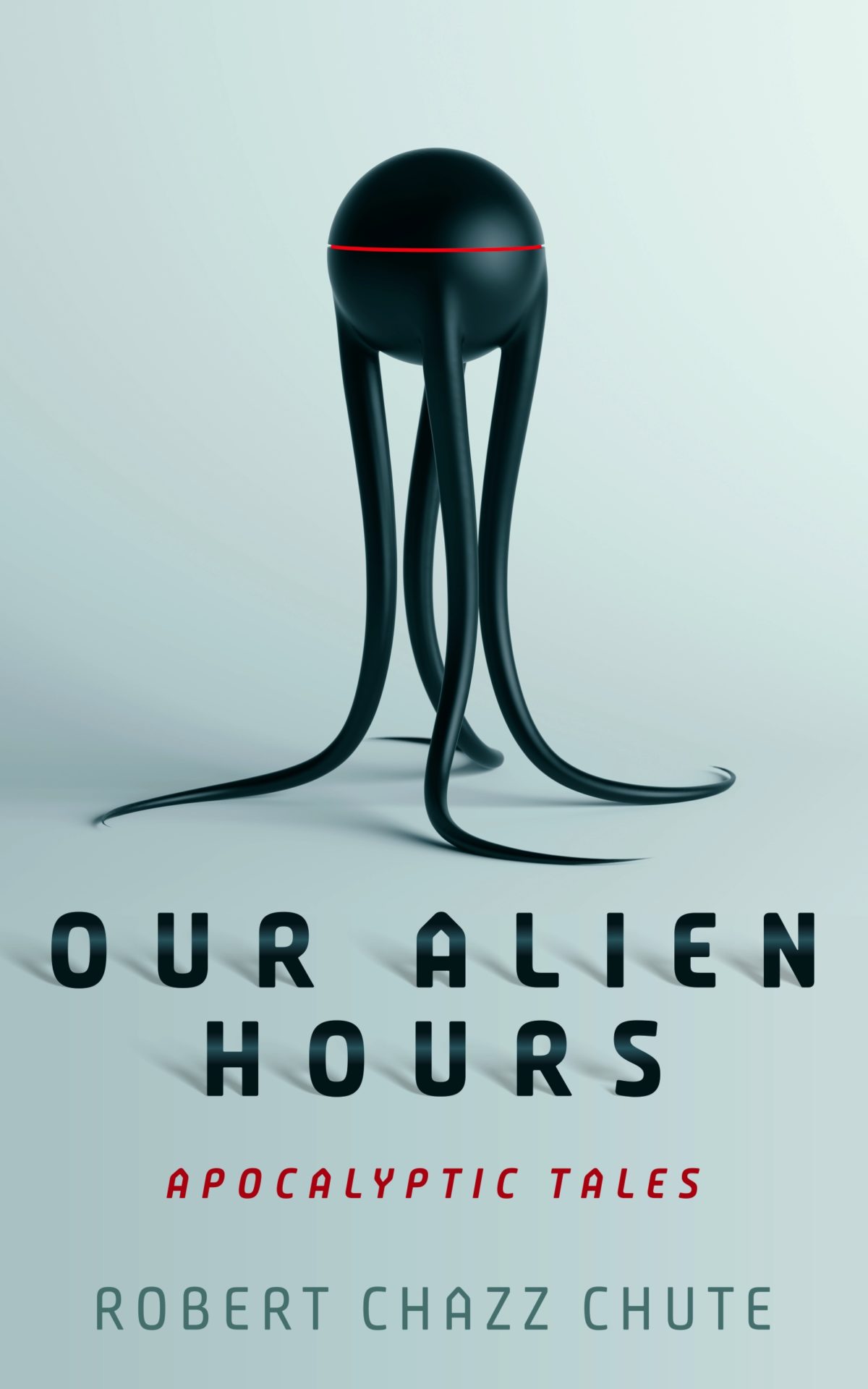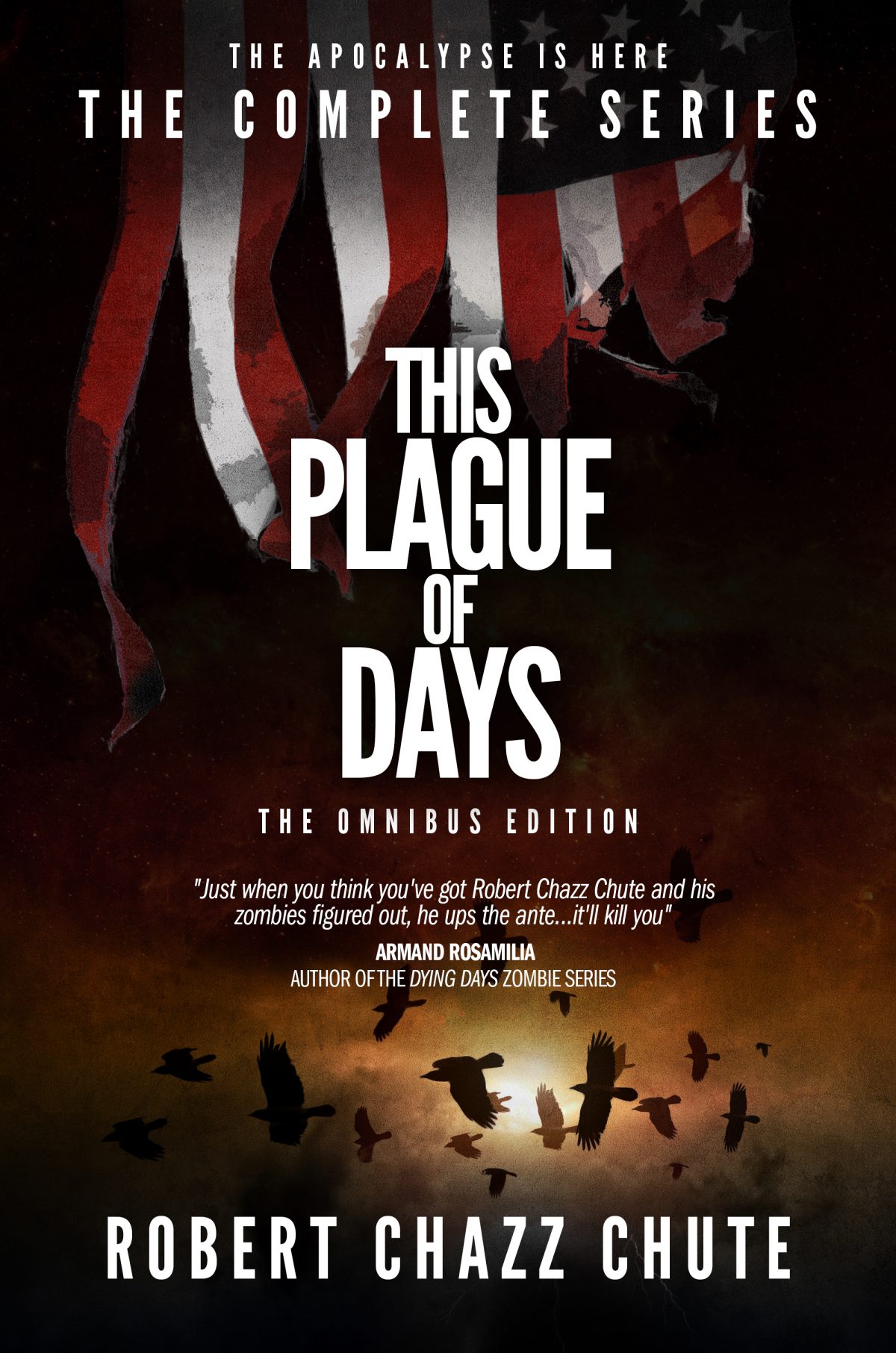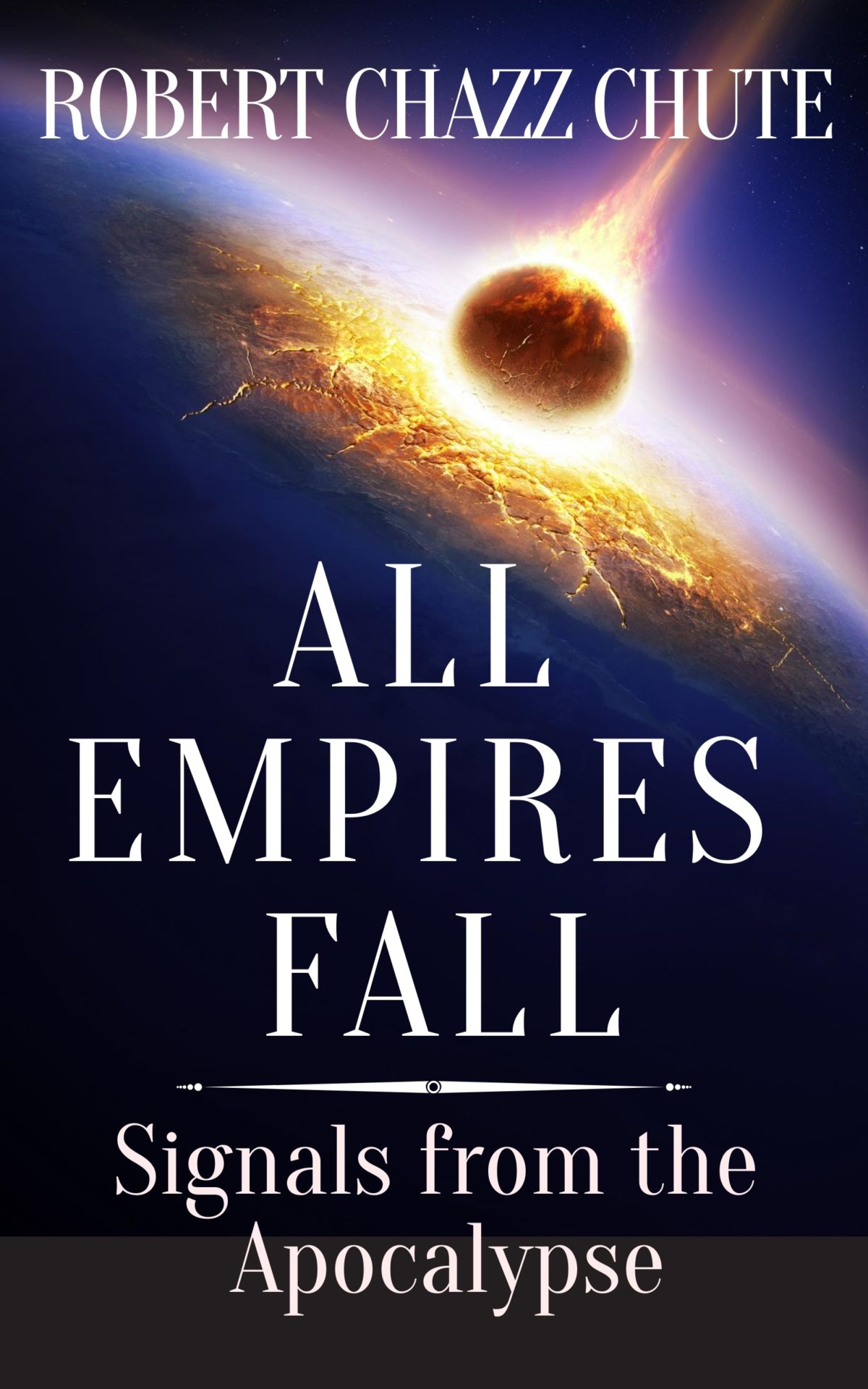
One of the strangest turns in the news came this week when an alarming and easily predicted future became mundane history. Trump posted, “Long live the King.” That wasn’t surprising. However, some of his cult members backed him by celebrating. “Trump is king!” Many of these same folks post 1776 in their social media bios. Knuckleheaded knuckledraggers may know their country’s history. It seems they’ve abandoned the values they claimed they most cherished. Monarchy is back, baby! Get used to it!
Reminds one of the so-called evangelicals who, last year, decided to let go the gentler teachings of Christ. Jesus was “too woke” for our troubled times, apparently. They still call themselves Christian, just meaner and in a roid rage, I guess.
What feeds this nonsense? Bias.
There are many types of cognitive bias that affect us. There is hindsight bias, loss aversion bias, the gambler’s fallacy, and the beastly Dunning-Kruger effect. The D-K effect plus confirmation bias is a lethal combination, dangerous to civilization. Those are the better-known afflictions. I have a couple of favorites that may not be on your radar:
Survivor Bias
Survivor bias goes like this: “We live in a land of opportunity! I make a lot of money, so why can’t everybody else?”
This bias plays into the myth of the self-made individual. It ignores a plethora of historical, systemic, and personal variables. This bias turns the principle of fair financial compensation into a cruel game of keep-away. When interviewed, successful people often extol the virtue of hard work. Only a few self-aware ones say, “I worked hard, but I got incredibly lucky! I made it, but I’m not altogether sure how, but I know I’m an outlier.” It’s much more tempting to believe “I built X and now own a couple of yachts because I’m a genius.”
Lots of people work hard and are never adequately compensated. If success were so easily replicable, more people would attain it. For instance, if you’re a nepobaby who won the genetic lottery, the path to stardom is paved with pillows. Nobody who catches those breaks talks about that. When asked the secret to their success, I’ve heard actors say, “I know my lines and I show up on time.” Learning a script can be difficult, but showing up on time? You mean like every other employee on the planet? That’s blind privilege talking, you handsome dunce. That’s survivor bias.
Survivor bias doesn’t come up first as one of the more lethal societal ills, but it is dangerous. It feeds a delusion that’s used as a cudgel on the oppressed and unfortunate. If the poor deserve to be poor, you only care if you’re poor. Not much room for kindness and mercy there, huh? Survivor bias makes its believer a terrible person and everyone else worse off.
Normalcy Bias
An author friend messaged me to ask, since I write apocalyptic novels, does our current political situation feel like I’m living in one of my books? I’ve written about the many ways empires fall. My back catalog includes zombies, vampires, AI domination, killer robots, alien invasion, meteors, climate crises, disease, nuclear conflagration, mass poverty, and famine. Lots of fun to explore in fiction, right? What’s unfolding now, though? I couldn’t write it because so much of it sounds outlandish, too dumb, and replete with hissy fits. Nuclear stockpile inspectors and warhead assembly experts getting fired en masse sounds too silly, doesn’t it? That happened. Then somebody said, “Oopsy! Get them back! Where are their email addresses? What do you mean you deleted their email addresses?”
The doomsday clock is now 89 seconds to midnight. The world is teetering toward all your worst nightmares. Still, we carry on, believing that cooler heads will prevail. That, my friends, is normalcy bias.
The courts decided they couldn’t allow a presidential candidate to go to jail for even one day for his crimes. He should have been confined for contempt and endangering officers of the court, at the very least. Didn’t happen. Couldn’t happen. That was normalcy bias at its dark and dirty work. You’ve always been told no one is above the law. Obviously not so.
The objection always comes to changing circumstances: “X can’t happen because it’s never happened before. It would be unprecedented!”
This is a recurring theme in my fiction (and my answer to this complaint):
Everything is unprecedented until it’s not.
Normalcy bias keeps you dangerously comfortable. It assures you that the health insurance you have relied on will always be there for you. Why? Because it always has been. To lose it would be unprecedented! (See above.)
Normalcy bias kept endangered people from fleeing Germany before World War II broke out. Normalcy bias assures people that all their investments are safe until the stock market collapses. Normalcy bias made Canadians, Mexicans, and all NATO allies feel that the United States government would be their friend. The news reveals the truth: People have friends. Governments have interests.
Human behavior, mental illness, and neurobiology are interests I try to monetize by writing novels with flawed characters. Sometimes, they suffer mental health issues like mine (anxiety, for one instance). Other times, they use their knowledge to manipulate others. It’s fun in fiction. When cognitive biases dominate our media intake and the political sphere, ignorant people transform into monsters and innocent people suffer and die. Our biases make us more vulnerable to personal and systemic failure. Ignorance can be cured easily, but stupid is much more complicated.
Biases kill.
(On the other hand, when I meet with literary agents in April, I’ll pull from my bag of tricks in the pitch meetings to sell my next book, but that’s another post. Villainous laughter: Mwah-ha-ha-ha!)
In the meantime, have you read All Empires Fall yet?
